"Have a plan, work the plan" Sage advice A plan is great if you can find your materials when it's time to practice. A plan is great if you can have some quiet alone time to focus and have fun.
Here are ten tips on one aspect of success: an organized workspace.
Have a productive session. David
0 Comments
A wise teacher said, “we are who we listen to”. Another slightly more jaded teacher asserted that all students want to play want they hear in their heads. And unfortunately, they already do. Ouch
Building your repertoire of sound possibilities come from repeated listening to the same tracks over an extended period. How much time? Until you find yourself humming along. Try this:
Happy listening. David PS: as you can see the screen shot above shows a combination of younger and legacy players. Before the current crisis about 1/3 of my student body had their lessons online. Now it is everyone.
I've lost 3 students. Two lost their jobs, one didn't like online lessons. We all look forward to resuming once the virus moves on and they get back to work. Five new students have been added in the same timeframe. I now meet my music coaches online now as well. Today with my "classical coach', last week with my "jazz coach". Every week with my drum coach. I believe a number of students will remain online after the crisis lifts and the others will resume as they were. If I can help you, Call me. David An Ideal Practice Session With Fly Me To The Moon
To get you started, here are several recordings of Fly Me to the Moon. Imitate the melody, phrase by phrase. Have Fun, David Story April 2023
How does the teacher practice?
Good question. So, here goes. I do the following things on a regular basis:
How do I practice in my studio?
If I can help you, feel free to call me. Best regards, David Parents are dusting off their rusty piano skills and now playing daily with their kids. What a opportunity the lockdown has given them. Some of them are one finger players, so they play whole notes with one finger. Some of them were accomplished musicians, their playing reflects their growing confidence as skills return. Most are somewhere in between. This situation will be over soon enough, the opportunity will be gone. I say take it, it will bring added joy to your life and fond memories. David Here is a video of a parent getting ready to accompany their child at the upcoming Zoom piano recital.
Consider:
The ability to discriminate these individual elements will help you play more expressively. Here is an exercise:
Happy listening. David 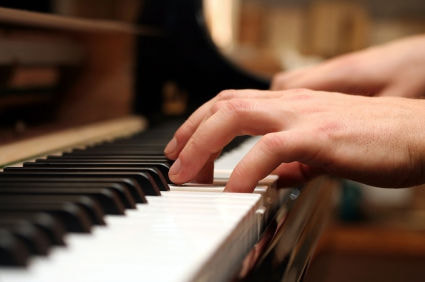 Building a program is selecting the pieces for your exam. Here is an ideal situation:
Best of luck, David Ear training gives you the ability to conceptualise what you hear, nothing more. There are countless phone apps, YouTube videos, and social media hustlers, and books promising results in short order. Unless you are in possession of perfect pitch and deep prior experiences listening to music, this will take some time. I am 48 years in. I am still working on it.
Ear Training for Classical Musicians
If I can help you, call me. David Story Ear training gives you the ability to conceptualise what you hear, nothing more. There are countless phone apps, YouTube videos, and social media hustlers, and books promising results in short order. Unless you are in possession of perfect pitch and deep prior experiences listening to music, this will take some time. I am 48 years in. I am still working on it.
Ear Training for Jazz Musicians
1. Listen attentively to music. A lot. Ask yourself, "what is going on here?"
2. Listen to a particular solo or piece of a solo until you can sing it. Then find it on your instrument. 3. Sing intervals. 4. Sing broken chords 5. Sing the bass roots of your pieces in time and on pitch. 6. Listen to more music. 7. Record yourself, listen back. 8. Record yourself playing scales with the metronome. Listen back. 9. Record your next band practice, listen back. 10. Sing everything you learn in your theory studies. David
This will pass, David
Have fun, this will pass. David This is just a start for pianists. The bass lines created by professional bassists will be more sophisticated that what I've given you here. But this is a start.
These techniques will create a simple left hand walking bass line in Blues. The principals can be used in Jazz standards. To discover how these lines were created, do the following.
Have fun. If I can help you further, please call me. David |
You've got to learn your instrument. Then, you practice, practice, practice. And then, when you finally get up there on the bandstand, forget all that and just wail. AuthorI'm a professional pianist and music educator in West Toronto Ontario. I'm also a devoted percussionist and drum teacher. Categories
All
|
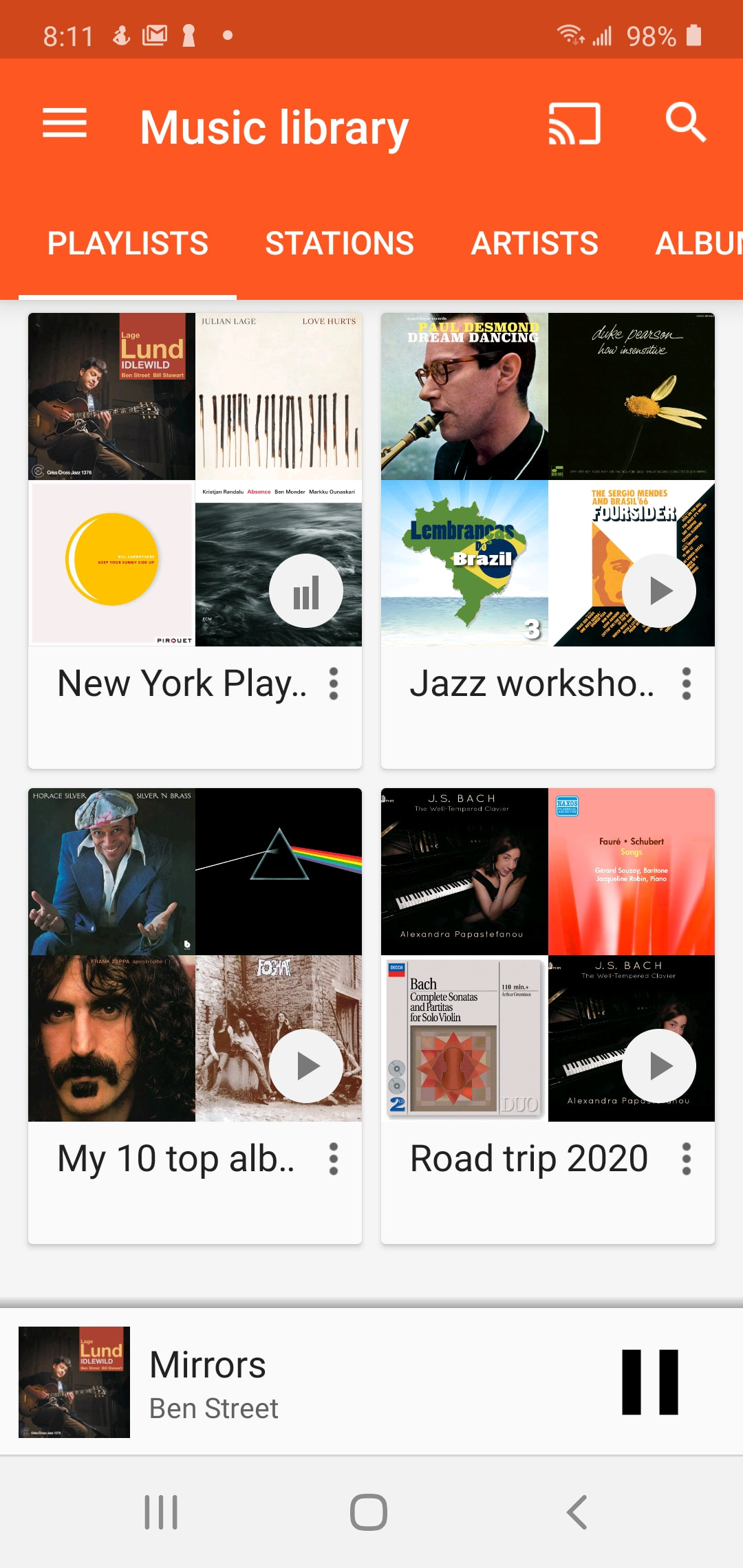
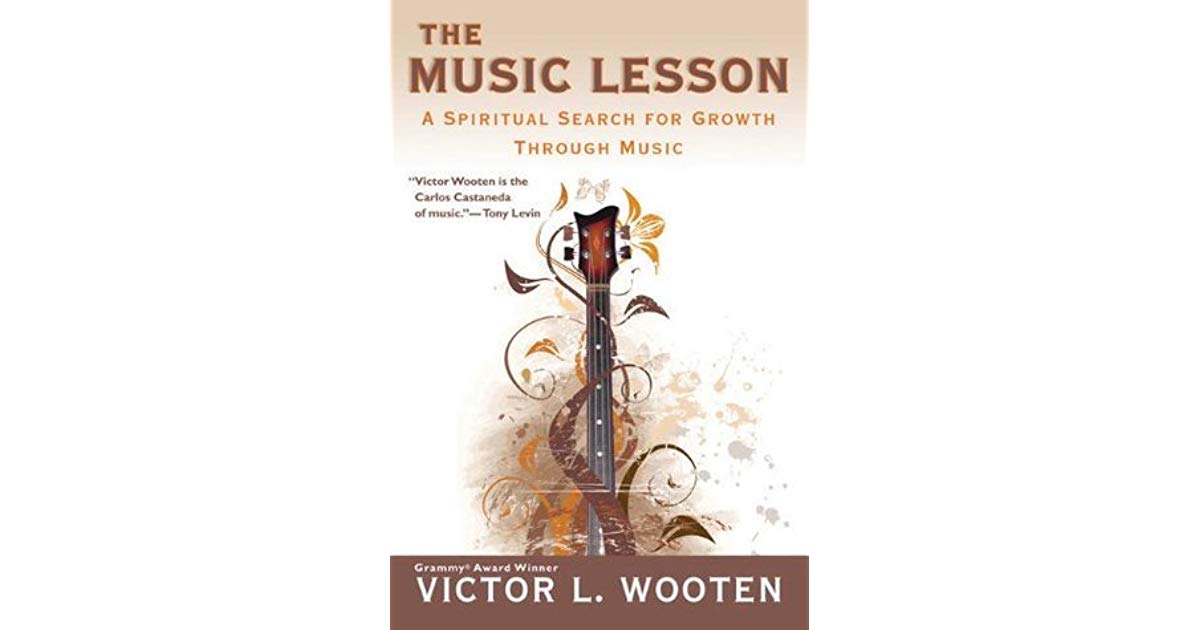
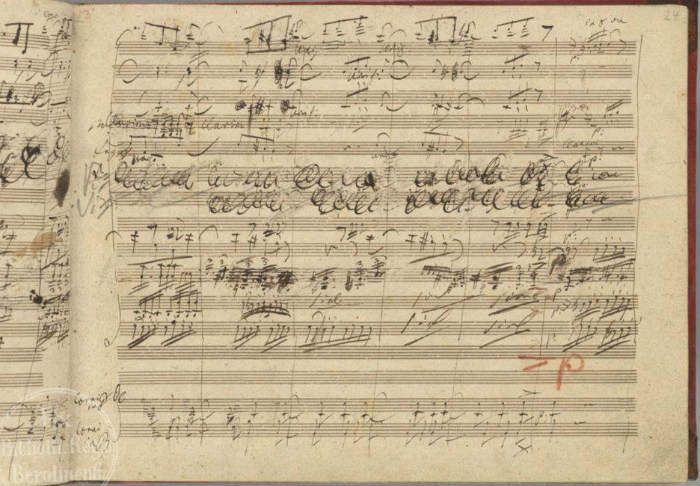
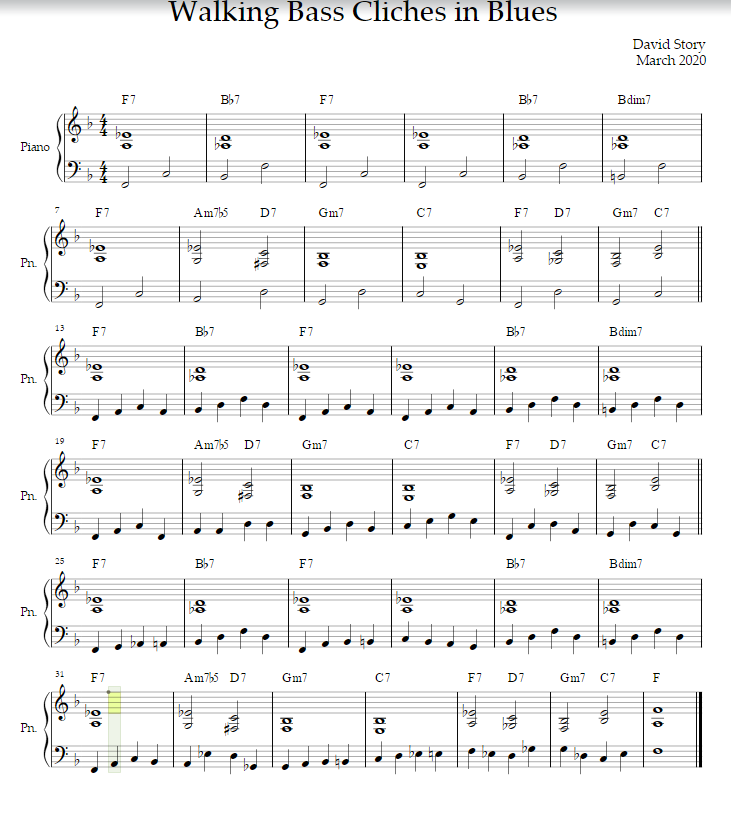
 RSS Feed
RSS Feed